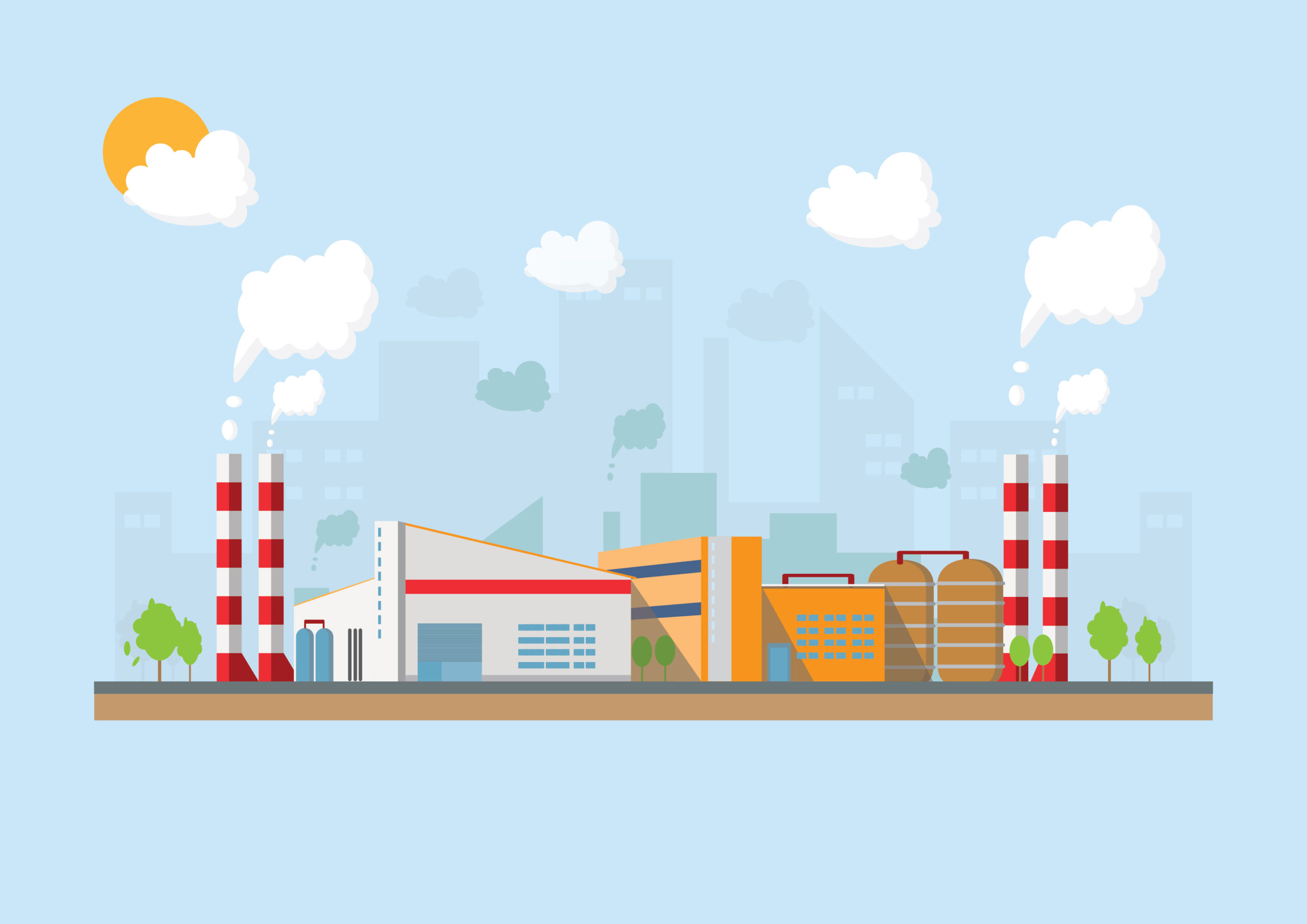
The Keystone of Building State-of-the-Art Factories: Initial Planning and Its Pivotal Role
In the ever-evolving world of industrial advancement, the term ‘state-of-art’ has become more than just a buzzword. It signifies the peak of current technological and structural designs in factory construction as well as the advancement in the planning of industrial spaces. But what really lies at the heart of constructing such state-of-the-art factory buildings? The answer is deceivingly simple: initial planning. Like the cornerstone of a grand edifice, the very first step of planning determines the course of the entire construction journey.
Understanding the First Step: Initial Planning
Initial planning is the phase in the process of architecture, construction, and construction management where ideas transform into actionable blueprints. It is the period where stakeholders identify the purpose of constructing the factory premises, its potential output, the machinery it will house, its workforce requirements, and more. But more than just a stage of jotting down needs, it’s a holistic view of how the industrial building will integrate into the bigger picture of market demands, supply chains, and technological advancements.
The Significance of Initial Planning
When the core of a successful industrial construction project is examined, it is found that early planning is essential for establishing strong foundations, making the most use of available resources, and anticipating obstacles. Let us learn the significance of initial planning for a factory project.
1. Laying the Groundwork: Initial planning is much like setting the foundation for any building. Just as a shaky foundation can compromise the structure’s integrity, a poorly planned factory building can falter in productivity, safety, and efficiency.
2. Resource Management: Proper planning of the industrial construction project ensures that resources—be it materials, labor, or time—are utilized to the fullest. It minimizes waste by optimizing their usage. It ensures that the construction process flows smoothly from one phase to the next.
3. Risk Mitigation: Through comprehensive initial planning, potential risks can be identified early on. This proactive approach enables the formulation of contingency plans, ensuring that unexpected challenges do not derail the construction process.
Benefits of the Subsequent Processes
1. Seamless Execution: With a systematic construction plan in place, each subsequent phase of construction can proceed without hitches. The transition from groundwork to laying the foundation, erecting walls and columns, installing machinery, and final touches becomes a cohesive, systematized process.
2. Cost Efficiency: Systematic planning often translates to cost savings. By addressing potential issues and having a clear roadmap, unplanned site expenses and last-minute changes, which often incur additional costs, are minimized.
3. Timely Completion: Delays in construction are not just time-consuming but can also be financially draining. Initial planning ensures that timelines are adhered to, making certain that the manufacturing unit is operational as scheduled, thus speeding up the return on investment (ROI).
Influence on the End Result
1. Quality Assurance: A factory structure built on thorough planning stands as a testament to quality. Every element, from the structure’s durability to the efficiency of the production line, reflects the meticulous thought process that went into its inception.
2. Safety and Compliance: Factories aren’t just about production; they are about people. A well-planned factory building prioritizes worker safety, adheres to regulations, and ensures a harmonious work environment.
3. Future-ready: Initial planning doesn’t just focus on the present. It takes into account future expansions, technological integrations, and market shifts. Thus, a well-planned factory is always a step ahead, ready to adapt and evolve.
Wrapping Up
In the intricate tapestry of industrial development, initial planning emerges as the golden thread weaving together the elements of design, efficiency, and foresight. The process of constructing state-of-the-art factories, much like building any masterpiece, necessitates a foundation rooted in meticulous preparation. Such planning not only ensures the optimal use of resources and timely execution but also encapsulates a vision for the future, integrating advancements even before they materialize. As industries evolve, the factories that truly stand out will be those that have been sculpted with a keen emphasis on their very first step: comprehensive and foresighted initial planning.




